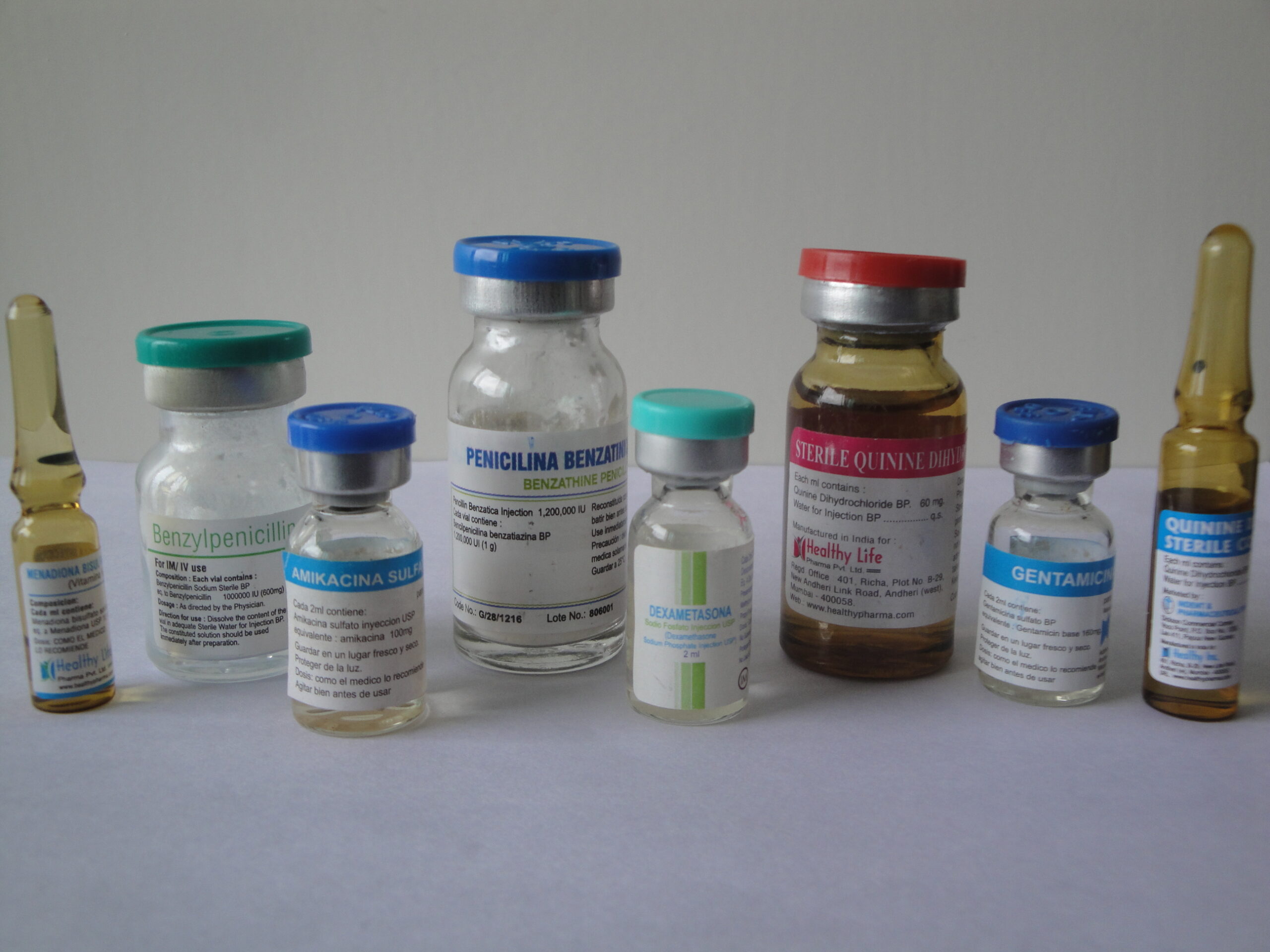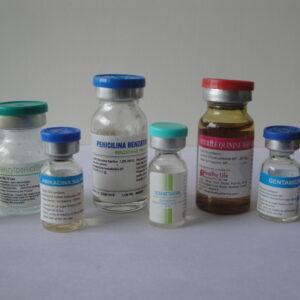Description
Amikacin Sulphate injection
Amikacin sulfate is an antibiotic medication belonging to the aminoglycoside class. It is used to treat various bacterial infections. Amikacin works by inhibiting the growth of bacteria, and it is often reserved for serious infections caused by bacteria resistant to other antibiotics.
The dosage of amikacin sulfate can vary based on the specific infection, the patient’s weight, and kidney function. The injection form is usually administered intramuscularly or intravenously.
It’s important to note that this information is general, and specific dosages and administration instructions should be provided by a healthcare professional. Never self-administer antibiotics; always consult with a healthcare provider for proper diagnosis and treatment.
As with any medication, amikacin sulfate may have side effects and potential interactions with other drugs, so it’s crucial to inform your healthcare provider about your medical history and any other medications you are taking.
If you have been prescribed amikacin sulfate or have specific questions about this medication, it’s recommended to consult with your healthcare provider or pharmacist for personalized advice based on your health condition.
Amikacin sulfate is an antibiotic medication that belongs to the aminoglycoside class. It is commonly used to treat serious bacterial infections. The medication is usually administered intravenously or intramuscularly.
Here are some key points about Amikacin sulfate 100mg injection:
Drug Class: Aminoglycoside antibiotic
Indications: Amikacin is often prescribed for the treatment of serious bacterial infections, especially those caused by Gram-negative bacteria. It is commonly used in cases where other antibiotics may not be effective.
Dosage: The dosage of Amikacin sulfate can vary based on the specific infection being treated, the patient’s weight, and other factors. It is important to follow the prescribed dosage and administration instructions provided by the healthcare provider.
Administration: Amikacin sulfate is typically administered through intravenous (IV) infusion or intramuscular (IM) injection. It is crucial to administer the medication according to the healthcare professional’s guidance, and it is often given in a hospital or clinical setting.
Monitoring: During treatment with Amikacin, healthcare providers may monitor the patient’s kidney function and hearing, as aminoglycosides can potentially cause kidney damage and hearing loss.
Precautions: Patients with pre-existing kidney conditions, hearing impairment, or myasthenia gravis may require special consideration and close monitoring during treatment. It is important to inform the healthcare provider about any existing medical conditions or medications being taken.
Side Effects: Common side effects of Amikacin sulfate may include nausea, vomiting, headache, and pain at the injection site. Serious side effects such as nephrotoxicity (kidney damage) and ototoxicity (hearing loss) are possible but less common.
Amikacin sulfate is an antibiotic medication that belongs to the class of drugs known as aminoglycosides. It is used to treat various bacterial infections, particularly those caused by Gram-negative bacteria. Amikacin works by inhibiting the growth of bacteria and is often reserved for serious infections when other antibiotics may not be effective.
The injection form of amikacin sulfate is typically administered intravenously (IV) or intramuscularly (IM) under the supervision of a healthcare professional. It is crucial to follow the prescribed dosage and administration guidelines provided by your healthcare provider.
Common uses of amikacin sulfate include treating infections such as:
Respiratory tract infections
Urinary tract infections
Skin and soft tissue infections
Bone and joint infections
Bloodstream infections (septicemia)
It is important to note that this information is general, and specific details about the use of Amikacin sulfate should be obtained from a healthcare professional. Never self-prescribe or self-administer antibiotics without proper medical guidance. If you have any concerns or questions about your medication, consult with your healthcare provider.



